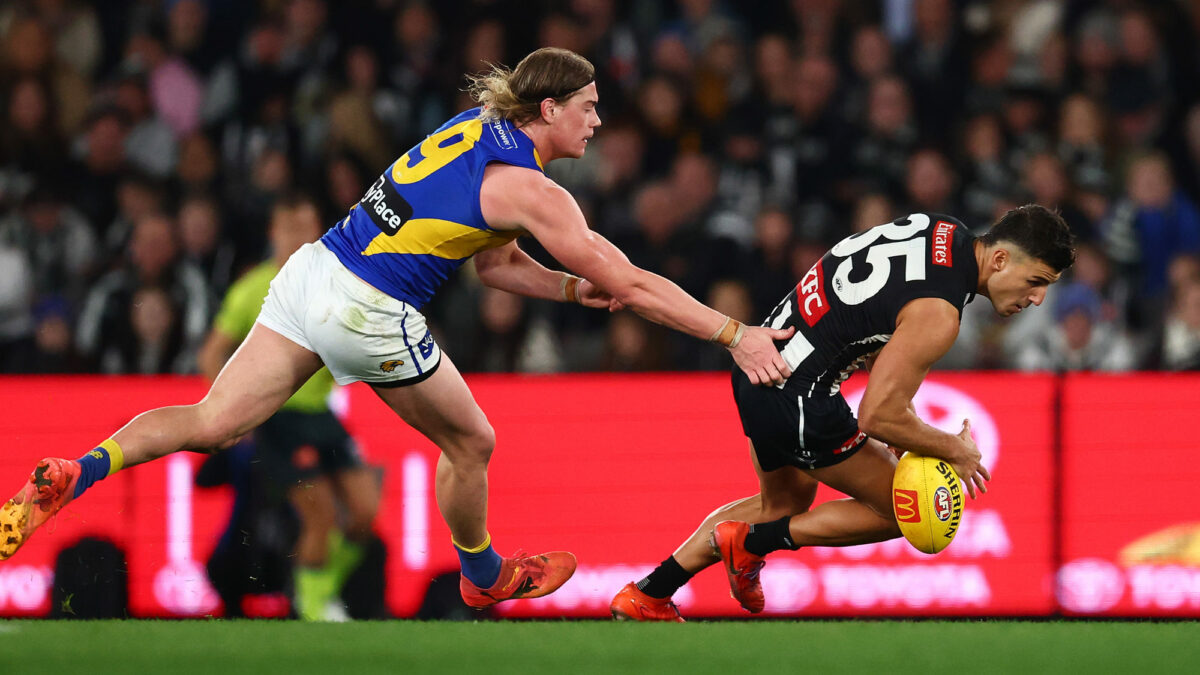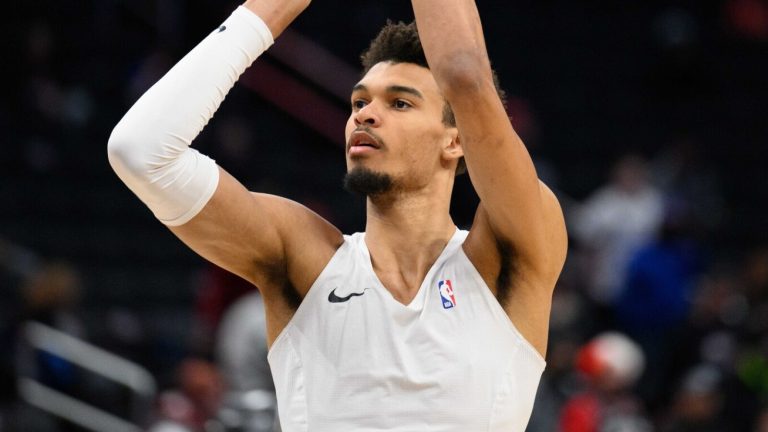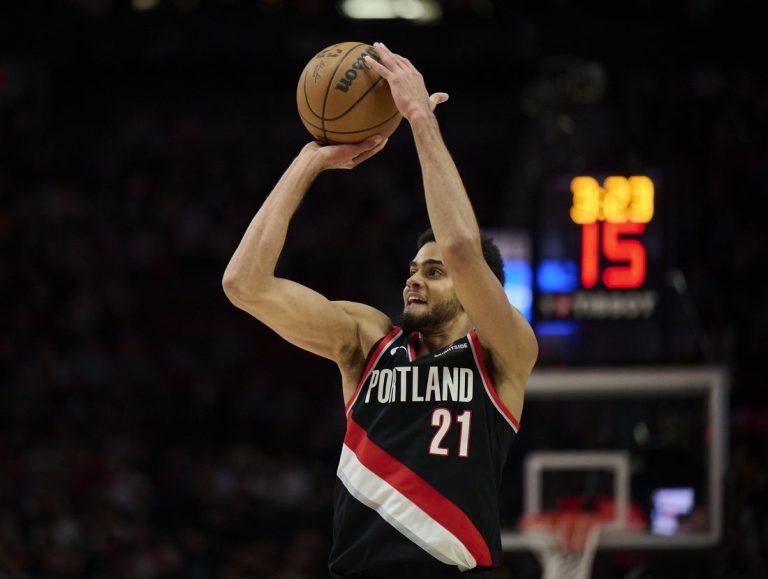With eight games to go in season 2025, Collingwood have the minor premiership all but sewn up already.
Two wins and a draw clear of second-placed Brisbane, with the AFL’s best percentage and only two losses – one in Opening Round, the other to Geelong after a Jack Crisp miss for the win after the siren – the 2023 premiers are, deservedly, flag favourites too.
Indeed, such is their mastery of footy at the moment that they can largely go through the motions against a spirited West Coast which threw everything short of the kitchen sink at them, fall victim to more than a few Hollywood moments where even their own deadly skill proved misplaced, and still power home with the last four goals of the match for an eventually comfortable 29-point win that actually ended up boosting their percentage a tad.
And yet…
An unconvincing win over the likely wooden spooners is hardly the kind of thing to get alarm bells ringing at Magpies headquarters, but a few of the Eagles’ tactics, both defensively and offensively, that ran the ladder-leaders so close shows that the Pies are, if not vulnerable, then certainly not invincible.
It would do the Eagles a disservice to merely claim that the Pies put in a poor night at the office; missed handballs, fumbles and errant passes came as a direct result of West Coast’s pressure on the ball-carrier and a structure behind the footy that Collingwood struggled to cope with until the back of a young side was finally broken by their own sheer exhaustion.
In the process, the Eagles’ usual style, the one Craig McRae would have headed to Marvel Stadium expecting, radically shifted, and it was obvious from the early minutes that the Pies were taken aback.

Nick Daicos is pursued by Harley Reid. (Photo by Morgan Hancock/Getty Images)
The most obvious change was in their handball game. This season, the Eagles are far and away the lowest-disposal team in the AFL, with their 311 disposals a match some 23 behind next-worst Richmond, who in turn are well behind the 16th-placed Geelong.
As for handballs, the Eagles average just 130 per game: only the Cats sit lower.
By half time, West Coast had 110 handballs to their name, 13 more than they had kicks. By the final siren, it was up to 177, having only slightly fallen behind their kick numbers: comfortably their highest for the season, and also allowing them to win the disposal count for the first time in 2025 at the fifteenth attempt.
Andrew McQualter’s frustration whenever the Eagles strayed away from this plan – the most glaring example in the final seconds of the third quarter when Jack Williams, with an Eagle running nearby for an obvious handball receive, kicked up the chimney and straight to Dan Houston, who made him pay full price – was as palpable as it was uncommon.
The worst team in the league they may be, but the Eagles knew what their coach wanted them to do.
There was a dual purpose to this switch, and a dual benefit too. Firstly, it meant the Eagles, 2025’s worst-kicking side by a decent amount, deliberately took steps to ensure shoddy disposal by foot wouldn’t let them down – so well do Jeremy Howe, Darcy Moore and co. read the play as defenders, even the slightest miskick moving forward would likely end in the ball going the other way at some pace.
And secondly, it allowed the Eagles to challenge the Magpies in the one area they could match them in: pace.
Five of West Coast’s eight goals were set up in similar fashion: fast breaks either from defensive 50 or midfield stoppages, the Pies’ defence scrambled out of position by a wave of Eagles running towards goal and directly at them, with the play eventually ending in a snape from a blue and gold jumper goalside of their black and white counterpart.
Overlap runners were a necessity, and given freedom by McQualter to be bold: if a handball receive was there to be given for a player after taking a mark anywhere on the ground, it was uniformly given. Yet another change in approach from the league’s second-worst side this year for handball receives, ahead of only the Cats.
The Eagles recognised that bombing the ball long off slow plays to Collingwood’s defence is seldom ever going to work for anyone, let alone a team with inexperienced key forwards including a first-gamer in Jobe Shanahan. It’s against this style that Darcy Cameron feasts a kick behind the play, racking up intercept marks galore.
Instead, half-forwards Jamie Cripps, Liam Ryan, Tyler Brockman and co. pushed up the ground, and if their Pies opponents didn’t follow them all the way, they were at least dragged to the edges of 50, with space over the back for the deepest Eagles forward – most often Jack Williams – to run into.
It’s exactly that ploy which yielded the Eagles the goal in the above video: Brad Hough first gives a handball receive to an oncoming Ryan Maric, gaining extra metres and also forcing Dan Houston, a step ahead of the play, to come forward and attempt to smother, drawing him away from the dangerous space ahead.
One of the Eagles’ better users, Maric’s kick hits Ryan lace out, though in truth, with five metres on his Magpies opponent who he’d drawn up to the play with him, the kick just needed to be at or ahead of him to be effective.
From there, it’s a simple pass over the top to Williams, who has made a beeline for the goals from the moment Hough handpasses to Maric, and he can walk it in.
It’s this sort of play which the Magpies struggled to defend throughout last year, and was a big reason for their eventual slump to outside the eight. They’ve combatted it in 2025 with a greater emphasis on stoppage dominance – and again, they controlled the clearances on Friday night – to allow control of the territory battle, and attempt to ensure any attack from opposition players comes under significant duress.
With the exception of Billy Frampton, the Pies defenders don’t typically use opposition forwards as a frame of reference for their positioning: Moore is brilliant at identifying where the most dangerous space is – i.e. where the other team are likeliest to kick – and plonks his big body in that vicinity to either intercept or spoil.
The Eagles, though, first came at them, and then regularly attempted to go over them: moving the ball forward at speed but five metres at the time, with overlap runners galore, and then kicking from 60-80 metres out going inside 50 rather than from 90-100, which the Pies set up so well for.
It meant, on numerous occasions, Moore seemed to be in no-man’s land: take this Ryan goal in the second quarter, in which Moore finds himself too deep to mark a scrubby, deliberately chaotic tumbling ball inside 50, has to gather under pressure and on the bounce, and panics when finding himself beset to turn over a handball.
It was an Eagles style predicated on fierce running, perhaps explaining their final-term tiring: at the moment Brockman’s kick leaves his foot, there are five West Coast players and just four Pies inside 50. No defence is going to feel comfortable against that sort of numerical disadvantage.
Or how about this play: marking 60 metres from home in the third quarter, Tim Kelly passes not to an Eagles forward, but sideways to an oncoming Maric, having left his Magpie in the dust.
It’s fraught with risk if they turn it over, but Maric, like most of his team, is following instructions not to blaze to the letter: with Darcy Moore making a beeline to guard the goalsquare, the Eagle instead handballs over to Hough, who, like Maric first, has run unguarded inside 50.
The result is a goal that Moore watched 30 metres away from impacting, again merely able to look at the footy sailing over his head.
This handball-happy gamestyle invites pressure: thanks to Fox Footy’s mid-week explainer, we now know by what metrics it is measure.
But while the Pies comfortably won the pressure factor reading, that’s mostly because the Eagles were happy for it to be so: Collingwood likely racked up pressure points for regularly ‘corraling’ West Coast players from the front on, but that’s only because the Eagles continued to come at them with fast hands, rarely going long to a pack, or sideways for an uncontested mark, unless they had no other choice.
Without the ball, the Eagles likewise took steps to deny the Pies space inside attacking 50 for them to exploit.
Fundamentally, this meant playing back shoulder: Reuben Ginbey backed his closing speed on Jamie Elliott to the hilt, forcing the Pie to come up the field in search of his kicks – with just one goal and eight disposals for the night, it was a job done brilliantly.
As an example, this third-quarter play is a great example of the 3D chess that is at the heart of every modern AFL match: the Pies goal from it, but the Eagles endeavoured to make it as difficult as possible.
For starters, even as Mihocek gathers on the wing, the Pies have three forwards stationed deep inside 50: Elliott, Tim Membrey and Charlie West.
Normally, the Pies wouldn’t be so stocked: they’ve loved at times this year to play Jamie’s Paddock, leaving either Elliott or Bobby Hill, their quickest forwards, in acres of space in attack and giving the poor sod marking them a heck of a lot of ground to protect.
The Eagles, though, refused to let themselves be sucked up the ground to any real extent, so there was a tactical compromise of sorts: the Eagles had three defenders behind the footy at all times, enough to feel secure, while the Pies had enough options in attack to always have an option.
As the ball comes closer – and it takes a brilliant, field-opening kick from Mihocek to set it up – all three Pies inside 50 begin their leads, and all are doggedly pursued by their Eagles counterparts. An attempt to pass to one of them would likely have resulted in a spoil, and a likely stoppage or even turnover.
It only ends in a goal because Nick Daicos is quick enough, composed enough and skilled enough to first sprint past two Eagles towards the ball – have a look at him in the build-up, it’s terrifying how fast he moves – then carry the ball to within scoring range, and with Brady Hough breathing down his throat, finish on the run with aplomb.
In the end, the Magpies’ superior skill won the day: the best example this trio of brilliant moments in which Elliott first puts the ball in the one spot on the ground where Tim Membrey can lead into to mark, then the former Saint clutches an excellent grab with Sandy Brock half a step behind him, and finally finishes from a tight angle 50 metres out from goal as if he were shelling peas.
There’s nothing here the Eagles could have done to stop that: sometimes, your opponents are just better than you.
The reality is that West Coast lacked the cattle to completely shut Collingwood down, or capitalise enough on their handball-happy game plan to kick a winning score. Hopes of that probably faded with their inaccurate 2.6 at quarter time: 6.2 instead, and a 29-point lead at the first break, may have been too much for even the Pies to overcome.
The Pies, too, will be stronger, both in performance and in cattle: Frampton and Hill will be back at either end of the ground, upgrades both on debutant Charlie West and young backman Charlie Dean. Both will make repeating the success of the Eagles’ game plan, even by stronger teams, all the more difficult.
All the same, there are repeatable elements other, stronger teams would do well to challenge the Magpies with in the months to come.
Can their old, battle-hardened bodies be exploited by pace on the counterattack, especially via handball? Can defenders that love the ball coming at them in the air cope with the footy heading in their direction via a wave of runners, leaving them either needing to rush up and protect the space ahead of them, or hold off and deny space running into an open goal?
If nothing else, West Coast proved that the Magpies aren’t as infallible as their near-impregnable position at the top of the ladder would indicate.
And maybe, just maybe, a better team can take what they discovered, run with it, and take the fight right to the premiership favourites.






